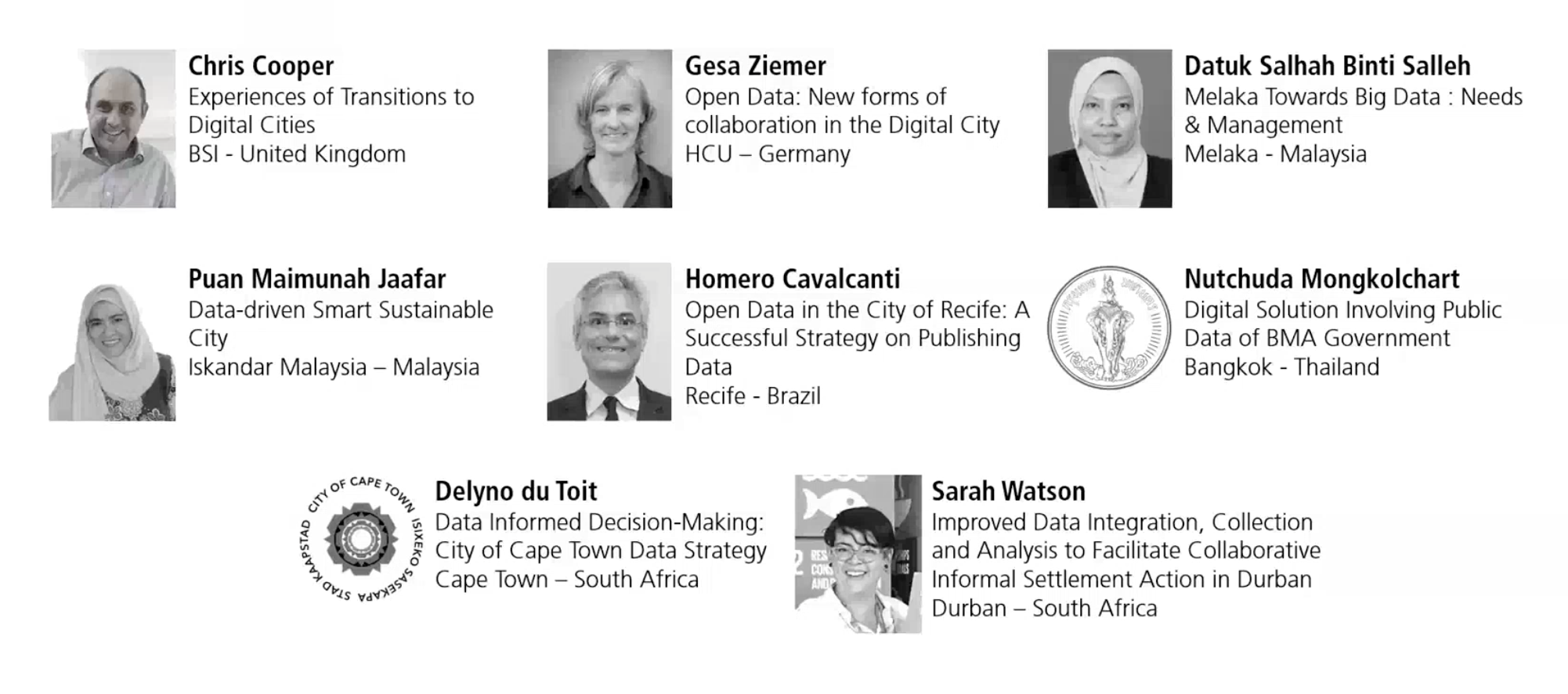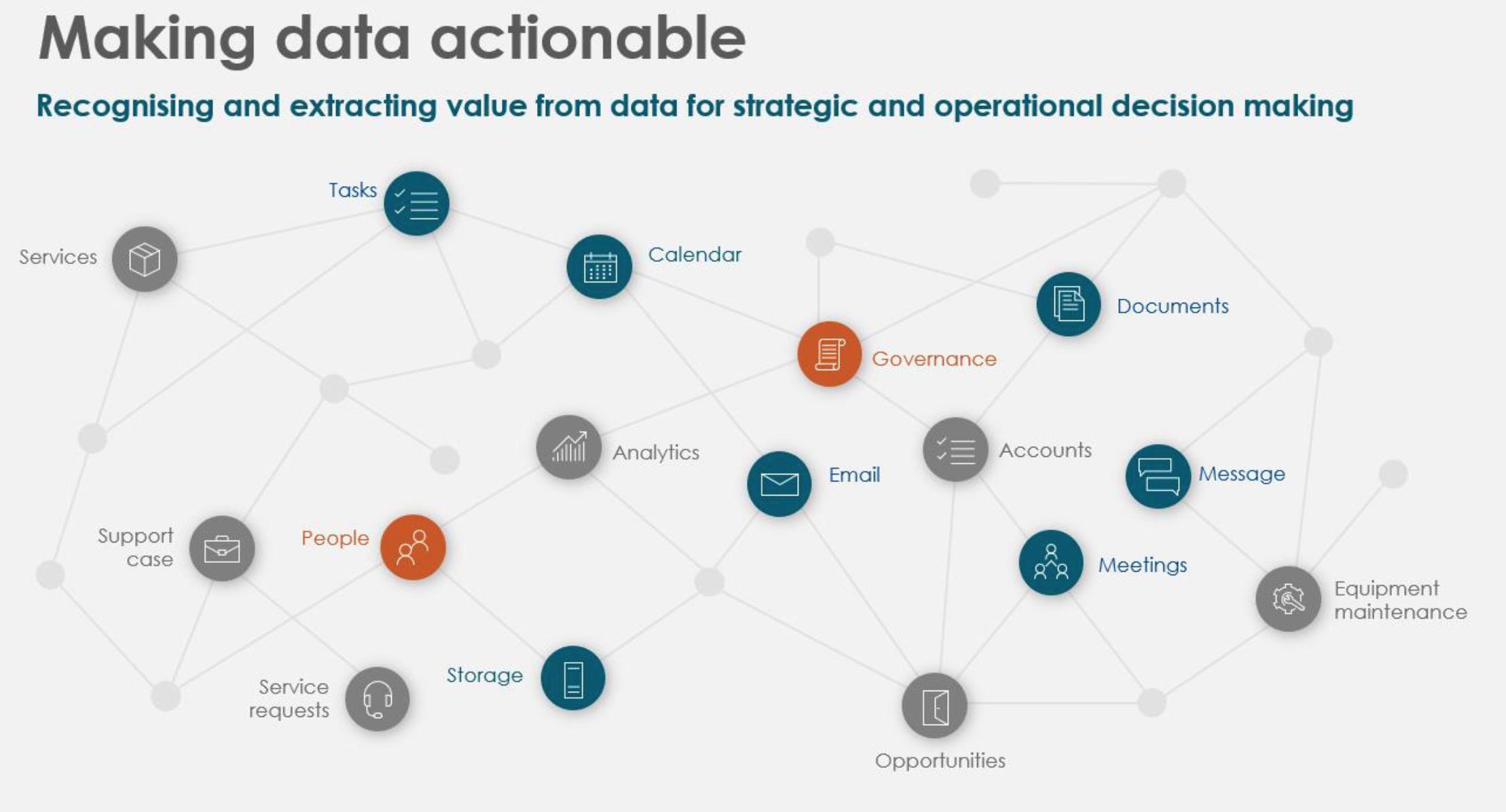Sharing data-oriented experiences and knowledge among cities within the Global Future Cities Programme
As the world becomes increasingly digital and, at the same time, more and more urbanized, urban data emerges as a crucial asset. Cities have become generators of massive, diversified, and rapidly produced data volumes. As such, digital technologies offer many potentials for sustainable urban development, but also bring several challenges for cities worldwide.
Among the 30 urban interventions of the GFCP, a wide range of technology-driven solutions are being deployed: from urban data hubs in Recife, Cape Town and Bangkok, to smart mobility solutions in Ho Chi Minh City, Johannesburg and Iskandar, and smart urban planning in Bursa, Durban, Cebu, and Surabaya. Despite being located in various geographical contexts, these cities face common challenges around data and are trying to find innovative solutions for data management.
In order to foster knowledge exchange and enable network creation amongst cities with an interest in data, UN-Habitat organized the City-to-City Dialogue session "Sharing data-oriented experiences and knowledge among cities within the Global Future Cities Programme”. The event was part of the capacity building component of the GFCP, which has been implemented by UN-Habitat in partnership with the UK Built Environment Advisory Group (UKBEAG). The session took place online on the 28th of January, 2021 and attracted over 100 participants, including Local Authorities, Delivery Partners and specialists from the different cities of the Global Future Cities Programme.
The session started with two keynotes from experts: Chris Cooper (United Kingdom) addressed how to use standards effectively and Gesa Ziemer (Germany) discussed how urban data can facilitate collaboration. Following, local authorities presented local experiences, challenges and solutions from the ground, involving inputs from Melaka (Malaysia), Iskandar (Malaysia), Recife (Brazil), Bangkok (Thailand), Cape Town (South Africa) and Durban (South Africa). Finally, participants engaged in a lively discussion with questions that were addressed by presenters.

From the presentations and debates, some key takeaways emerged. Data poses several challenges for cities, such as ethical questions (privacy, surveillance and ownership), handling a diversity of data formats and issues with data quality and availability. For effective data management, it is crucial to break silos and integrate different sectors. It is also important that local authorities partner with academia, the private sector, community-based and non-governmental organizations. Using data in a comprehensive way matters more than the amount of data cities have. Moreover, creating a data culture, awareness and capacity development of local staff is critical.

Data is a demanding resource in many aspects, requiring appropriate hardware apparatus, well-defined architectures, and, mainly, skilled and proactive human resources. Therefore, this City-to-City Dialogue session contributed to more effective data management in the cities of the GFCP, opening pathways for sustainable urban development and increased prosperity.
Read the report here